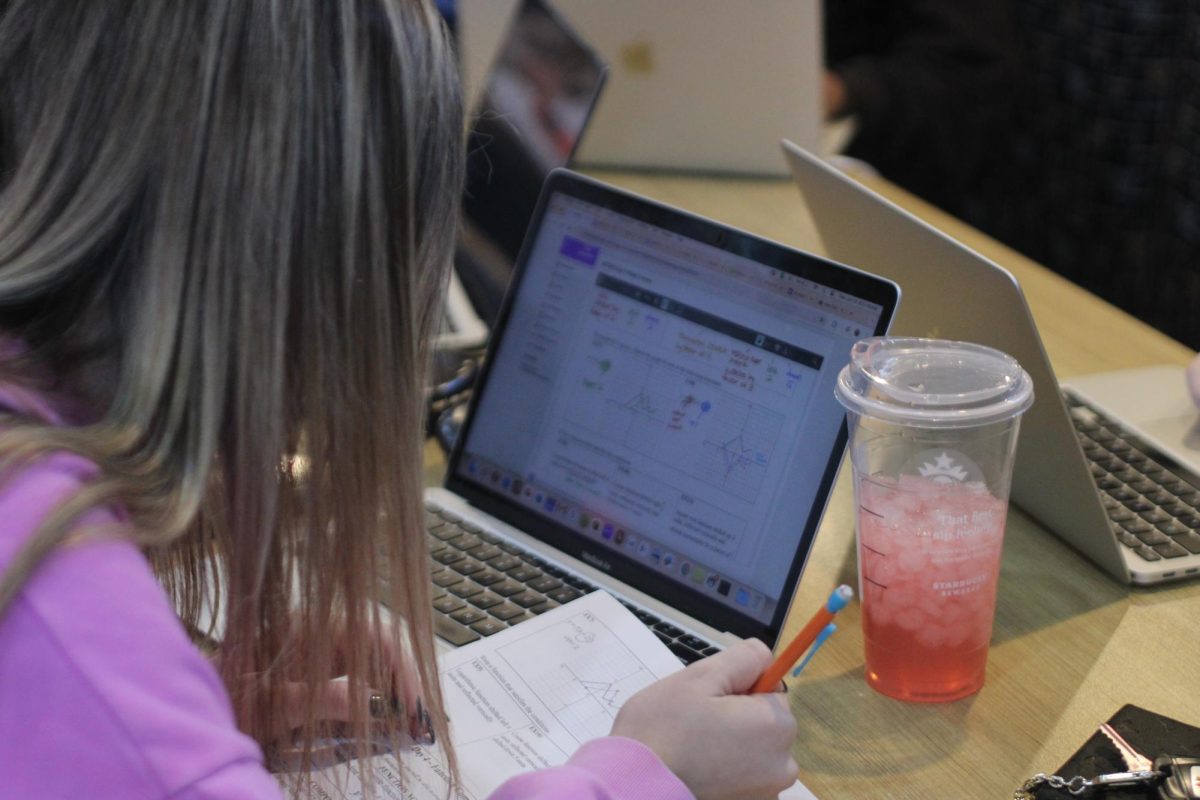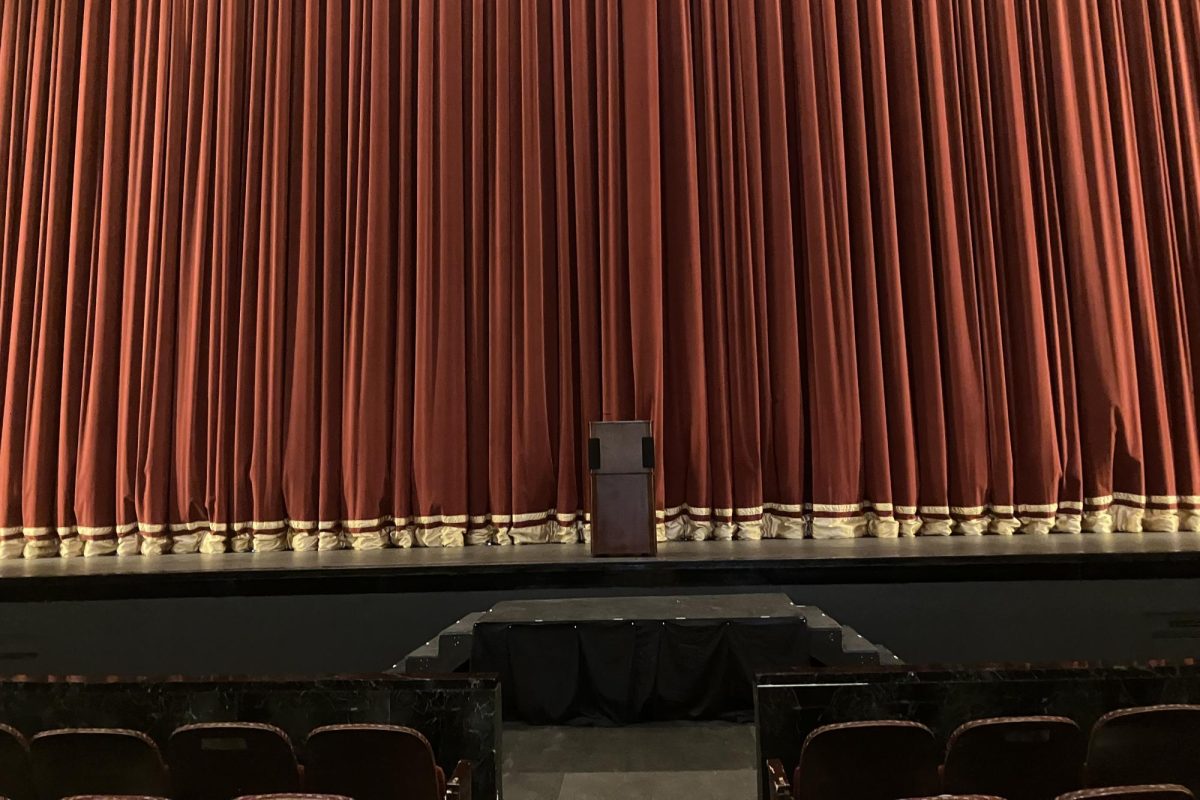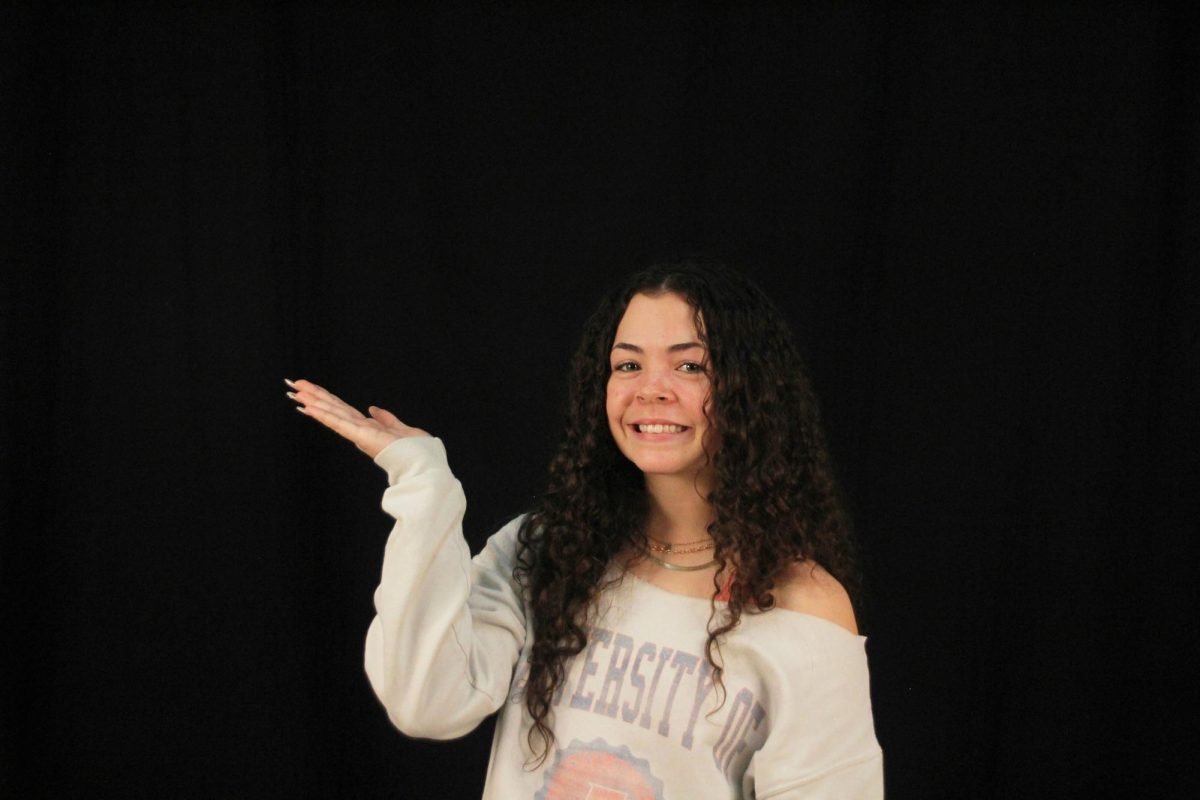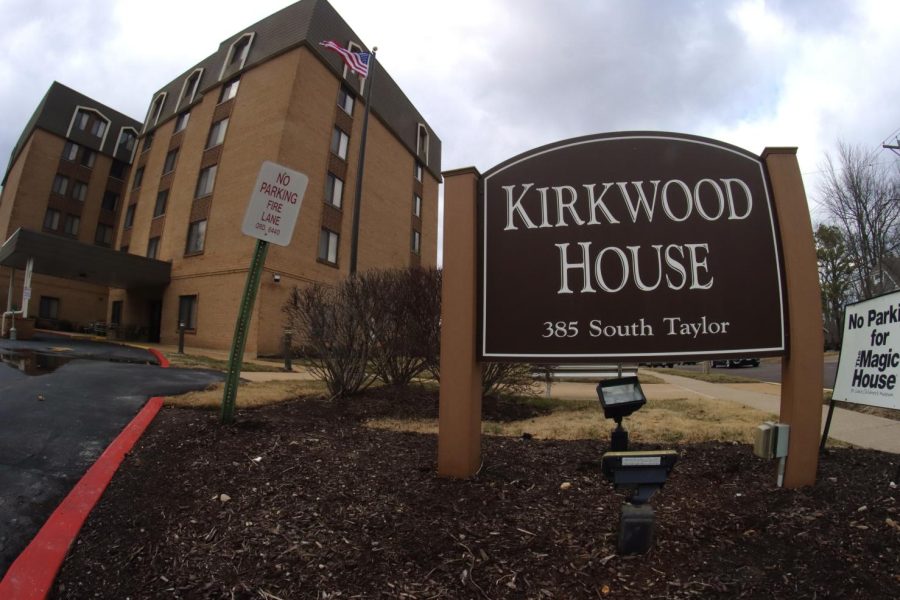Dimly lit, carpeted hallways lined with lockers branch off the bright and open entrance of Churchill Center and School. Ten students file out of each classroom and into the halls as the chiming bell sounds at the end of the hour. In the basement, smiling tutors stand outside their personal rooms waiting for their next students. Kids from different schools are welcome to open Churchill’s doors after school to take advantage of their afternoon tutoring program.
Cole Reinkemeyer, freshman, has utilized Churchill’s program since fourth grade. Reading, writing and typing have always been a struggle for Reinkemeyer, and although it does not alter his ability to play lacrosse or shoot air soft guns, Reinkemeyer’s dyslexia causes him trouble with his everyday reading and writing skills.
At age 2, Reinkemeyer showed signs of speech problems, so his parents decided to have him tested for different learning disabilities. Reinkemeyer went through timed reading and sound and symbol tests, and while his math scores were high, he tested positive for a learning disability in reading.
“I was already used to it so [when I found out I had a reading disability], I wasn’t worried about my future in school,” Reinkemeyer said.
While Reinkemeyer’s mother, Irene Reinkemeyer, was concerned about her son’s dyslexia at first, she was confident he would be able to overcome it.
“It’s not something that’s going to ever go away,” Irene said, “but he will learn strategies that will help him throughout his life.”
Reinkemeyer meets with private tutor Maggie Scheurer at Churchill every Monday after school. The program offers one-on-one tutoring and consultation services for students not enrolled full-time in any Churchill Programs.
“We work on reading and learn ways to chunk it so it’s easier,” Reinkemeyer said.
Mary Brotherton, director of Community Outreach at Churchill, is in charge of setting up fundraisers and reaching out to the community. Brotherton believes in focusing on teaching students the skills needed to make their daily life a little bit easier.
“[I think that] knowing how to figure something out is more important than memorizing facts,” Brotherton said. “Our goal is to work on deficit areas and as quickly as possible return [the kids] to a traditional school.”
Reinkemeyer’s parents had first thought about enrolling him into Churchill’s daily schooling program, but he soon was able to compensate for his weakness in reading and keep his grades up in a traditional school.
“I think that Churchill has really done wonders for him,” Irene said. “We were really lucky to find it.”
Since attending Churchill Center & School, both Reinkemeyer and his parents have seen an improvement in his reading and writing struggles. Reinkemeyer hopes that because of Churchill, he will one day be able to completely overcome his dyslexia.
“He’s really just like any other kid,” Irene said. “We just want him to be whatever he wants to be.”















